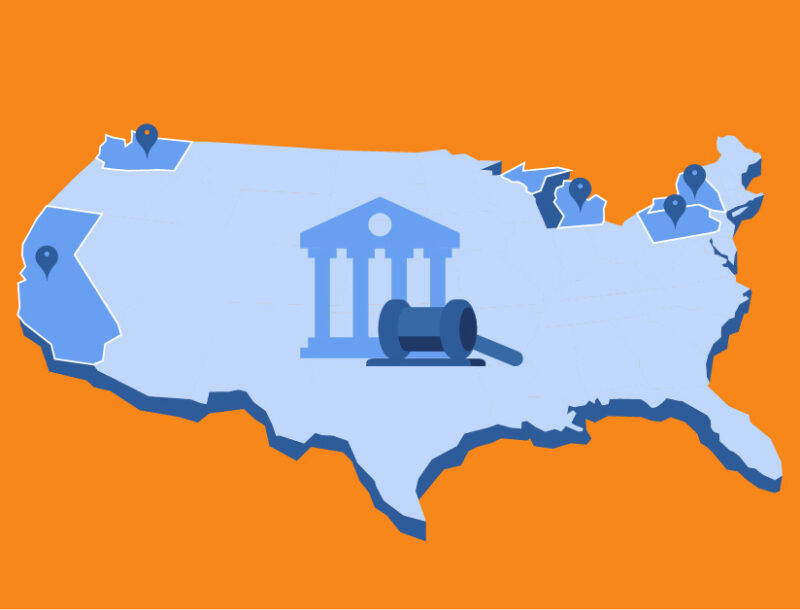Regulatory Alert: CFPB Launches Inquiry Into Junk Fees

The Consumer Financial Protection Bureau (CFPB) recently launched an initiative to “save Americans billions in junk fees.” Here’s what that means for financial services companies.
Background
On January 26, the CFPB announced its request for the public to share its input on “exploitative junk fees charged by banks and financial companies” to form its rulemaking/guidance agenda and its enforcement priorities.
According to the CFPB, “junk fees” occur where:
- Fees are charged for things consumers believed were covered by the baseline price of a product or service
- Fees are unexpected
- The expense of the fee is greatly disproportionate to the cost of the service
- It is unclear why a fee was charged.
The bulletin links to the CFPB’s Request for Information Regarding Fees Imposed by Providers of Consumer Financial Products or Services (“RFI”), which asks consumers to identify fees associated with “bank, credit union, prepaid or credit card account, credit card, mortgage, loan, or payment transfers.”
The bulletin also explicitly cites the fees charged by major credit card companies and banks, over $14 billion and $15 billion, respectively, in 2019. Beyond the credit card and deposit account fees identified in the CFPB’s bulletin, the RFI also seeks consumer testimonials concerning fees associated with:
- Remittances and payments (wire transfer/ACH, etc.)
- Prepaid card fees
- Mortgage fees
- Fees associated with other types of loans, such as student loans, auto loans, or payday loans
Impacted Companies
This initiative could potentially impact financial services companies providing certain products and services, including:
- Deposit accounts (e.g., banks)
- Credit cards
- Remittance and payments
- Prepaid accounts
- Mortgages
- Student loans
- Auto loans
- Installment loans
- Payday loans
- Other types of loans where origination or servicing fees may be charged (e.g., some mortgage servicers charge fees to reschedule payment dates or make online or phone payments; loan originators may charge application fees and some may charge fees to expedite loan proceeds, etc.)
Potential Risks
Some potential risks may include:
- Increased regulatory examinations and potential for enforcement actions by the CFPB as conclusions are drawn from the RFI, using, among other tools, its authority to address unfair, deceptive, or abusive acts and practices (UDAAP)
- Potential to spur class-action lawsuits against financial institutions alleging insufficient disclosures with respect to consumer fees which may grant significant awards to plaintiffs
- Increased likelihood that state regulators and attorneys general will place greater attention to these fee practices and their related disclosures


